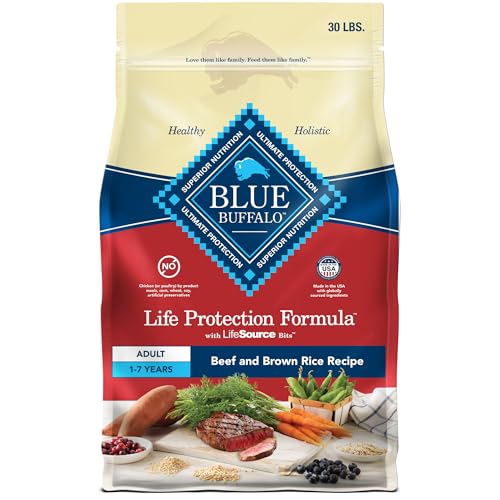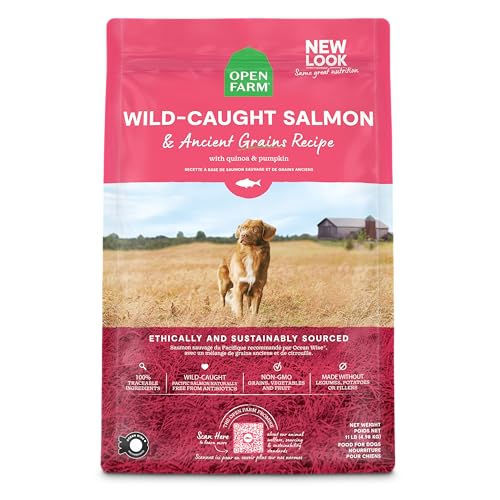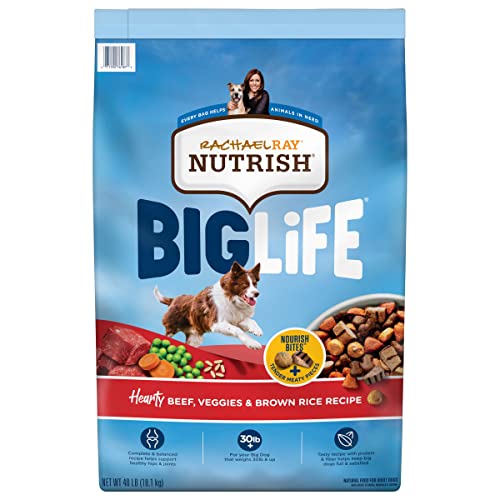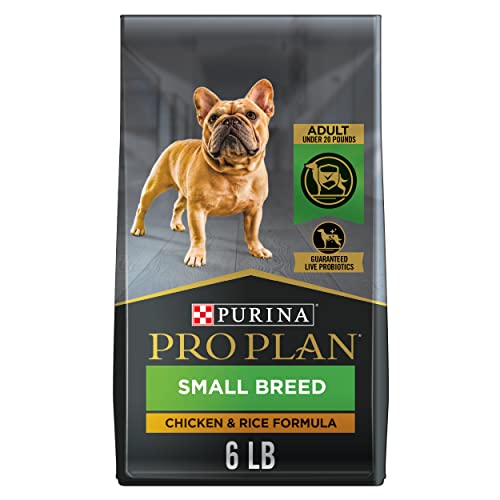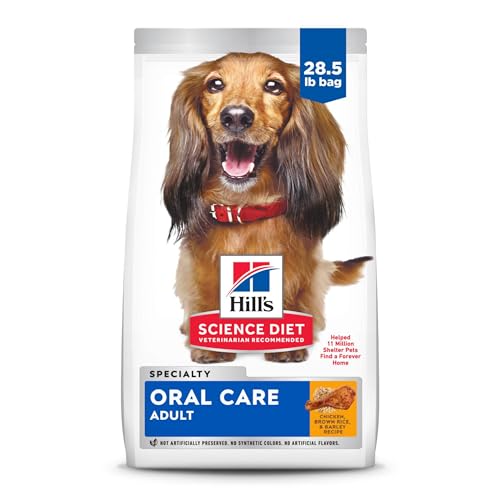How Do You Choose the Right Dog Collar for Your Pet?

When selecting the perfect collar for your canine companion, there are numerous factors to consider to ensure their comfort and safety. From the size and breed of your pet to their unique temperament and activity level, each aspect plays a crucial role in determining the most suitable collar. Understanding these elements will guide you in making an informed decision that aligns with your dog’s specific needs. But that’s just the beginning; there are additional key points to explore to ensure you choose the ideal collar for your furry friend.
Consider Your Dog’s Size and Breed
When choosing a dog collar, consider your dog’s size and breed to ensure the right fit and comfort. Different breeds have varying neck sizes, so it’s crucial to measure your dog’s neck before purchasing a collar. For larger breeds like Great Danes or Saint Bernards, opt for wider collars to provide better support and prevent strain on their necks. Smaller breeds such as Chihuahuas or Yorkshire Terriers will be more comfortable in narrower collars that are lightweight.
Additionally, certain breeds have specific needs based on their temperament and behavior. For example, energetic breeds like Border Collies or German Shepherds may benefit from martingale collars to prevent them from slipping out, while more relaxed breeds like Bulldogs or Basset Hounds might prefer a simple buckle collar. Consider your dog’s breed traits when selecting a collar to ensure it meets their individual requirements for both safety and comfort.
Understand Your Dog’s Temperament
To better choose a suitable dog collar, it’s essential to understand your dog’s temperament and behavior. Each dog has a unique personality that influences how they respond to different situations, including wearing a collar. If your dog is energetic and loves to explore, a sturdy collar that can withstand outdoor activities may be the best choice. On the other hand, if your dog is more laid-back and enjoys lounging around the house, a softer, more comfortable collar might be more suitable.
Additionally, consider your dog’s behavior during walks. If your dog tends to pull on the leash, a harness or Martingale collar could provide more control without causing discomfort. For dogs that are well-behaved on walks, a simple buckle collar may suffice.
Understanding your dog’s temperament will help you select a collar that not only fits their needs but also keeps them safe and comfortable. By observing how your dog behaves in different situations, you can make an informed decision when choosing the right collar for your furry friend.
Explore Different Collar Types
Understanding your dog’s temperament can guide you in exploring different collar types that suit their needs and behavior.
For dogs that pull on walks, a Martingale collar could be beneficial as it tightens slightly when the dog pulls, discouraging this behavior.
If your furry friend has a tendency to escape, a secure buckle collar may be the best option to prevent them from slipping out.
Dogs with thick fur might find more comfort in a wide, padded collar that doesn’t mat or tangle their fur.
Head collars, like a Gentle Leader, can provide better control for dogs that tend to lunge or have a strong prey drive.
For training purposes, a choke chain or prong collar could be effective under the guidance of a professional trainer.
Reflective collars are excellent for evening walks, ensuring your dog stays visible and safe.
Evaluate Pros and Cons
Exploring the pros and cons of different collar types will help you make an informed decision based on your dog’s specific needs and behavior.
When considering a traditional buckle collar, the pros include ease of use, affordability, and the ability to hold identification tags. However, these collars can be easily slipped out of by clever escape artists or dogs with necks larger than their heads.
On the other hand, martingale collars provide more control without choking your dog, making them suitable for breeds with narrow heads like Greyhounds. Yet, martingale collars shouldn’t be left on unattended dogs due to the risk of entanglement.
Harnesses are excellent for dogs prone to tracheal collapse or those with respiratory issues, as they distribute pressure evenly across the chest. Nevertheless, some dogs may be able to wiggle out of them.
Reflective collars increase visibility during nighttime walks, but they may not be as aesthetically pleasing as other options. By carefully weighing these pros and cons, you can select the collar that best suits your furry friend’s requirements.
Tips for Making the Right Choice
Consider key factors such as your dog’s size, behavior, and specific needs when choosing the right collar for them.
For smaller dogs, lightweight and adjustable collars are ideal to ensure a comfortable fit. Larger dogs may require stronger materials like nylon or leather for durability.
If your dog is a strong puller, a harness or martingale collar could provide better control without putting pressure on their neck. Reflective collars are great for evening walks to enhance visibility and safety.
For dogs with sensitive skin, opt for hypoallergenic materials to prevent irritation. Training collars such as head halters or pinch collars are useful for behavior correction but should be used under the guidance of a professional trainer.
Consider your dog’s daily activities; if they love water, a waterproof collar is a practical choice. Remember, always check the collar’s fit to ensure it’s snug but not too tight.
Trending Products


